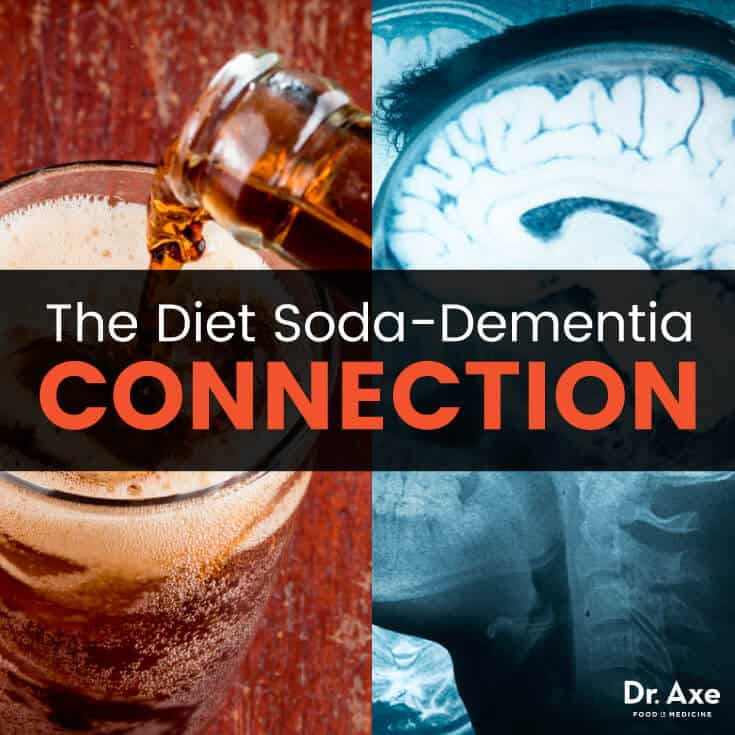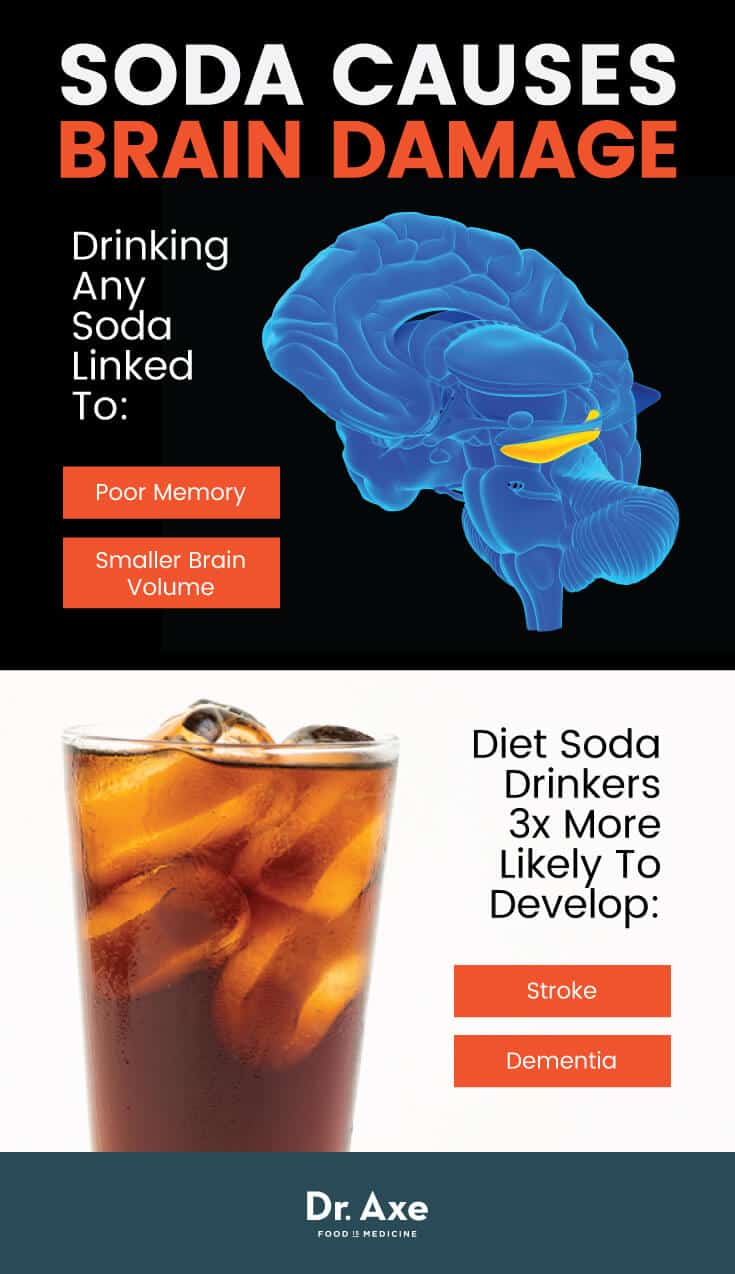This Dr. Axe content is medically reviewed or fact checked to ensure factually accurate information.
With strict editorial sourcing guidelines, we only link to academic research institutions, reputable media sites and, when research is available, medically peer-reviewed studies. Note that the numbers in parentheses (1, 2, etc.) are clickable links to these studies.
The information in our articles is NOT intended to replace a one-on-one relationship with a qualified health care professional and is not intended as medical advice.
This article is based on scientific evidence, written by experts and fact checked by our trained editorial staff. Note that the numbers in parentheses (1, 2, etc.) are clickable links to medically peer-reviewed studies.
Our team includes licensed nutritionists and dietitians, certified health education specialists, as well as certified strength and conditioning specialists, personal trainers and corrective exercise specialists. Our team aims to be not only thorough with its research, but also objective and unbiased.
The information in our articles is NOT intended to replace a one-on-one relationship with a qualified health care professional and is not intended as medical advice.
Bad News for Your Brain: Artificially Sweetened Drinks Increase Risk of Stroke and Dementia
April 26, 2017

Ever find yourself wondering, “Is diet soda bad for you?” It may seem like a better option compared to sugary soda, but the science shows that viewpoint falls flat. And now, we have even more reason to avoid soda at all costs. Artifiicially sweetened drinks increase risk of stroke and dementia. In other words, it’s hammering your brain. Researchers at Boston University crunched the numbers and found that people who diet soda are nearly three times more likely to experience stroke and dementia.
And sugar-sweetened soda? That’s got its issues, too. Let’s take a look at the latest research…
Artificially Sweetened Drinks Increase Risk of Stroke and Dementia
Researchers studied the soda-drinking tendencies of nearly 3,000 adults and found some startling data on diet soda consumption. When looking at people older than 45 years old for stroke and older than 60 for dementia, they found that drinking diet soda regularly almost triples your risk of developing stroke or dementia.
That risk held true even after considering other risk factors like overeating, diet quality, exercise levels and smoking. (1)
“These studies are not the be-all and end-all, but it’s strong data and a very strong suggestion. It looks like there is not very much of an upside to having sugary drinks, and substituting the sugar with artificial sweeteners doesn’t seem to help. Maybe good old-fashioned water is something we need to get used to.” — Sudha Seshadri, MD, senior study author, neurology professor and faculty member at Boston University’s Alzheimer’s Disease Center (2)
But the Boston University research team didn’t stop there. They also investigated impacts of drinking regular soda. And while sugar-sweetened beverages were not associated with stroke or dementia, this type of soda comes with its own set of problems.
Whether it’s “real” sugar or we’re talking about high fructose corn syrup dangers related to soda, the science is clear. The sugar industry scandal of the 1950s and ’60s set a dietary disaster into motion. Faulty sugar industry-funded studies shifted public perception, tricking people into think fat, not sugar, was the nutritional villain.
Now, we know better, understanding that healthy fats are vital for good health. But still, too many people are downing soda. Excess sugar is a well-known heart disease trigger that causes major metabolic damage. But Boston University researchers wanted to see how drinking sugary soda, soft drinks and fruit juice impacts the human brain.

Using MRI imaging, cognitive tests and existing data, scientists found drinking more than two sugary drinks a day or more than 3 sodas a results in smaller brain volume. We’re talking actual brain shrinkage here, reducing the size of the hippocampus. It also sets accelerated brain aging into motion and results in poorer memory. These are all risk factors for early-stage Alzheimer’s. Even a diet soda a day results in smaller brain volume. (3)
Other Conditions Linked to Diet Soda
Boston University showed the first connection between diet soda and dementia, but there’s a long list of medical researcher linking artificially sweetened drinks to a slew of other health problems, including:
- Depression. Drinking 4+ cans a day is linked to a 30 percent higher risk of depression. (4)
- Kidney Damage. Long-term diet soda drinking is linked to a 30 percent reduction in kidney function. (5)
- Type 2 Diabetes & Metabolic Syndrome. Drinking diet soda daily increases your risk of metabolic syndrome by 36 percent; it increases your risk of type 2 diabetes by 67 percent compared to non-diet soda drinkers. (6)
3 Health Drinks Way Better Than Soda
Why drink something that shortens your life? Try these things instead:
- Try tea time. Tea for Alzheimer’s can lower your risk of Alzheimer’s by up to 86 percent. Can’t stand tea? Drinking coffee can lower your risk of depression by 10 percent. (7)
- Drink kombucha. Love the fizz soda brings? Try kombucha instead. Known as the “Immortal Health Elixir” by the Chinese, it’s bursting with gut-friendly probiotics.
- Sip this trendy ancient tonic. Bone broth sells for upwards of $10 a cup in New York City and is making a comeback. Your great-grandma likely made it at least weekly. Try tapping into the healing power of bone broth.
Final Thoughts: Artificially Sweetened Drinks Increase Risk of Stroke and Dementia
- Drinking diet soda regularly triples your risk of stroke and dementia.
- Drinking one diet soda a day shrinks your brain volume.
- Drinking sugary soda regularly actually reduces the size of your hippocampus, triggers accelerated brain aging and results in poorer memory. These are all early-stage Alzheimer’s risk factors.
- Instead of drinking diet or regular soda, try tea. It can reduce your risk of Alzheimer’s by up to 86 percent.










